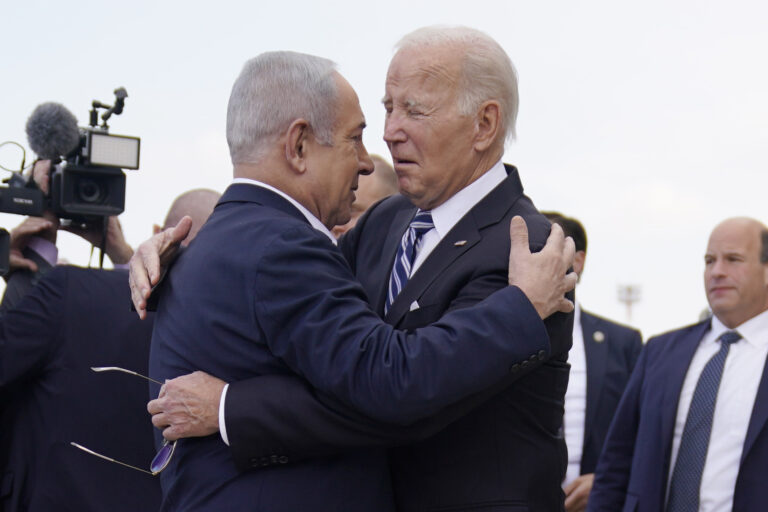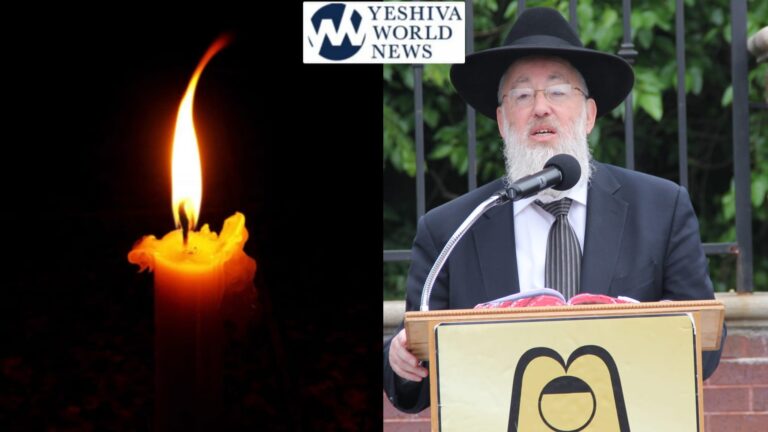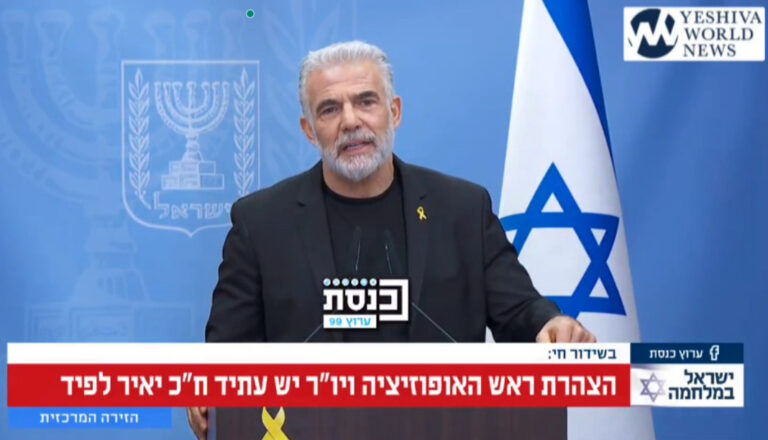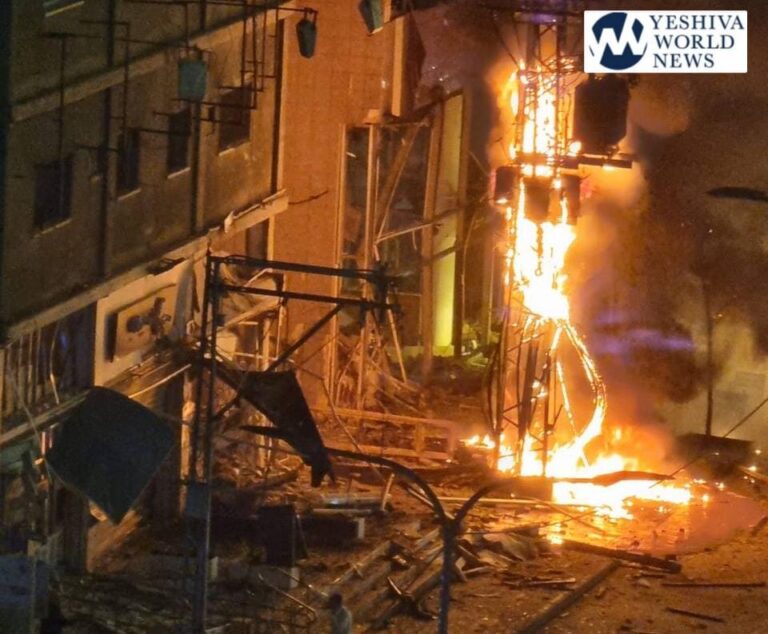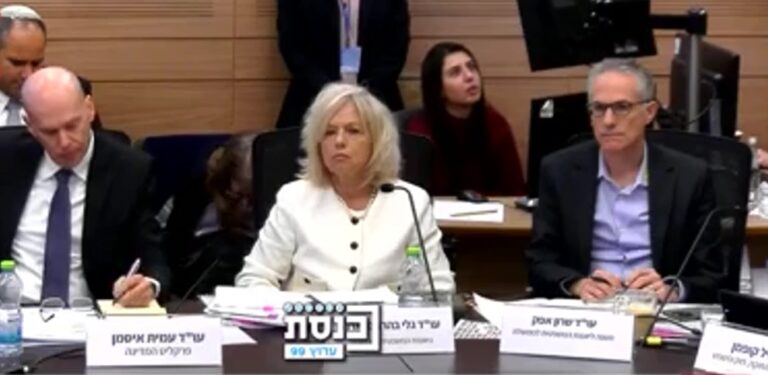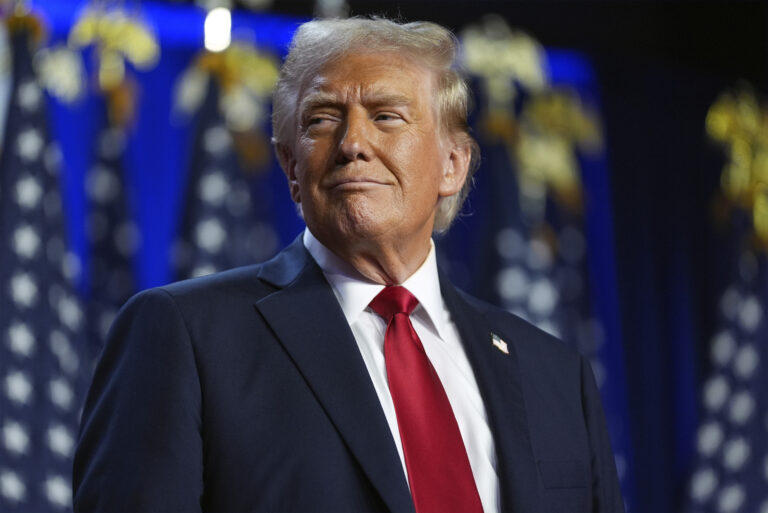 Israeli Prime Minister Benjamin Netanyahu declared Monday that his country backs ratification of a treaty banning nuclear tests but did not commit to a time frame, a senior U.N. official said after meeting with the Israeli leader.
Israeli Prime Minister Benjamin Netanyahu declared Monday that his country backs ratification of a treaty banning nuclear tests but did not commit to a time frame, a senior U.N. official said after meeting with the Israeli leader.
Lassina Zerbo, who heads the U.N. organization created to implement the treaty, told The Associated Press that Netanyahu considers the issue of ratifying the treaty a matter of “when, rather than if.”
While Israel does not comment on its nuclear capabilities it is commonly considered to be the only nation in the Middle East to have atomic arms. Ratification by the Jewish state would move the treaty closer to taking effect, leaving only seven holdouts among the 44 countries that must approve the pact for it to go live.
Zerbo, who heads the Vienna-based Comprehensive Test Ban Treaty Organization, spoke to the AP by telephone after meeting in Israel with Netanyahu.
Zerbo said Netanyahu did not specify when Israel could ratify, something the U.N. official said “is normal in diplomacy.”
A statement from Netanyahu’s office citied the prime minister as saying that “Israel supports the treaty and its goals” but ratification “depends on the regional context and the appropriate timing.”
Zerbo considers ratification by Israel a key step toward a nuclear test-free zone in the Middle East and described the results of Monday’s meeting with Netanyahu as a significant advance on what up to now have been discussions mostly on a technical level between the CTBTO and Israeli experts.
The development follows recent statements by Netanyahu that he is quietly forging closer ties with moderate Sunni Arab states as part of an alliance against Islamic extremists. But he has given few details.
Last month, he publicly praised the Arab Peace Initiative, a 2002 Saudi-led plan that offered Israel peace with the Arab world in exchange for a full withdrawal from all territories captured in the 1967 Mideast war. Netanyahu said there were “positive aspects” to the plan, though he stopped short of endorsing it. He later said he could not accept the plan in its current form and would never return to Israel’s pre-1967 lines.
Netanyahu is interested in a closer alliance with the moderate Sunnis, both as a counterweight to the rising influence of Iran and the Islamic State group and other extremist groups, and in hopes of putting pressure on the Palestinians in any future peace talks.
His offer Monday may have been a gesture toward moderate states like Egypt and Gulf countries, which have long opposed Israel’s nuclear program.
That opposition has resulted in Arab states pushing for a resolution critical of that program in recent years at annual conferences of the International Atomic Energy Agency. But a summary of an Arab League meeting in Cairo earlier this year obtained by the AP says Arab countries will “refrain from submitting” the resolution at this year’s meeting in September.
The Comprehensive Nuclear Test Ban Treaty, known as the CTBT, has 196 member states — 183 that have signed the treaty and 164 that have ratified it. But the treaty has not entered into force because it still needs ratification by eight countries that had nuclear power reactors or research reactors when the U.N. General Assembly adopted the treaty in 1996: the United States, China, Iran, Israel, Egypt, India, Pakistan and North Korea.
(AP)

